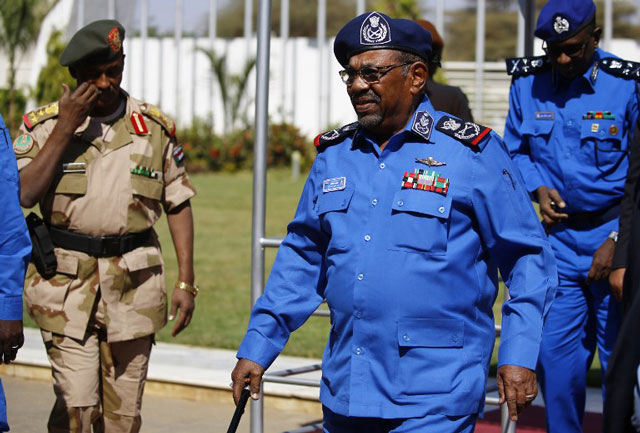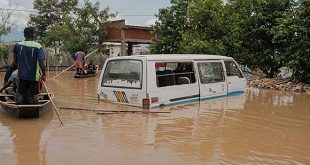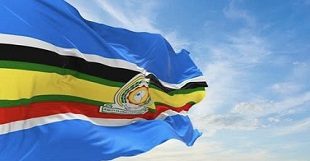
Bashir has blamed the violence during the demonstrations on “conspirators” working against the interests of the country, without identifying them.
UN High Commissioner for Human Rights Michelle Bachelet on Thursday condemned Sudan’s “repressive response” to the anti-government demonstrations.
“I am very concerned about reports of excessive use of force, including live ammunition, by Sudanese state security forces during large-scale demonstrations in various parts of the country since 19 December,” she said in a statement.
– ‘Appalled’ –
The UN Security Council too called on Sudan to respect the rights of protesters and investigate the violence.
“We are appalled at reports that security forces have used tear gas and violence within hospitals against those being treated and against doctors providing medical assistance,” said British Deputy Ambassador Jonathan Allen on Thursday.
Sudan’s ambassador Omer Dahab Fadl Mohamed told the council that his government was “fully committed to giving citizens a space to peacefully express their views”.
But he said the authorities would act to “protect lives and public property against sabotage and arson and all other forms of violence perpetrated by some demonstrators”.
More than 1,000 people including protesters, journalists, opposition leaders and activists have been arrested in a sweeping crackdown by security agents since the protests erupted.
Despite the tough response, the protest movement has grown to become the biggest threat to Bashir’s rule since he took power in an Islamist-backed military coup in 1989.
The protesters accuse Bashir’s government of mismanagement of key sectors of the economy and of pouring funds into a military response Sudan can ill afford to rebellions in the western region of Darfur and in areas near the border with South Sudan.
Sudan has suffered from a chronic shortage of foreign currency since the south broke away in 2011, taking with it the lion’s share of oil revenues.
That has triggered soaring inflation that has seen the cost of food and medicines more than double, and frequent shortages in major cities, including Khartoum.
A defiant Bashir has dismissed calls for his resignation but acknowledged the country faces economic problems for which a slew of reforms were being planned.
 The Independent Uganda: You get the Truth we Pay the Price
The Independent Uganda: You get the Truth we Pay the Price


